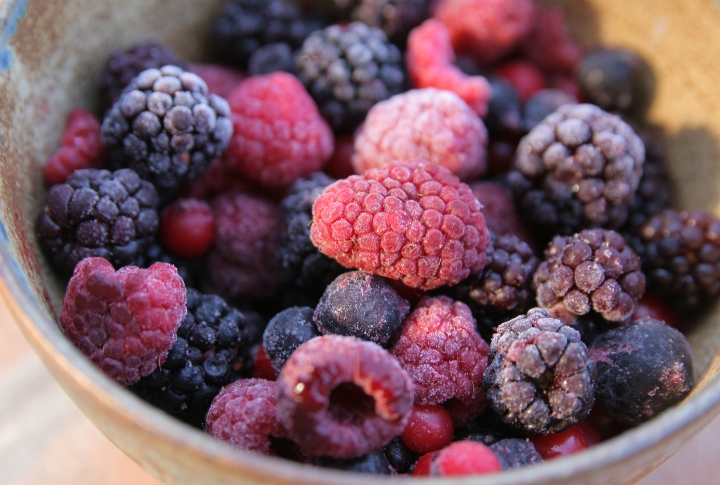
It’s easy to see how certain beliefs survive for generations. They get passed around, sounding just convincing enough to avoid questions. But once you stop and really investigate, the facts disappear. It turns out, most of them were either mythical tales, rumors, or misinformation. Here’s a look at ten such common ideas people accept as true, even though the evidence never quite shows up.
Coffee Stunts Growth

Coffee contains powerful antioxidants that help protect cells from damage. The old belief that coffee stunts growth has no scientific backing. On another note, PMC studies reveal it actually reduces risks of cancer, Parkinson’s, Alzheimer’s, and type 2 diabetes.
You Need 8 Glasses Of Water A Day

You’ve probably heard that eight glasses of water is what you need every day. The rule actually traces back to a misinterpreted 1940s article. In reality, your body gives clearer guidance: urine color. Food adds to hydration as well, and excess water can trigger hyponatremia, which can cause symptoms like headache, confusion, and in severe cases, seizures or coma.
Frozen Fruits And Vegetables Are Always Bad

Many shoppers bypass frozen produce, unaware that Clarence Birdseye’s 1920s innovation changed food preservation forever. Fresh items lose nutrients during transport and storage, while frozen fruits and vegetables lock in peak nutrition. So in reality, properly frozen vegetables can pack more vitamin C than week-old fresh produce in your fridge.
Cracking Knuckles Causes Arthritis

A decades-long self-study by Dr. Donald Unger, who cracked the knuckles of one hand daily, found no difference in arthritis between hands. Medical reviews confirm the same: excessive cracking might lead to minor swelling or reduced grip strength, but it’s not linked to joint disease.
Organic Label Is The Best

Conventional local produce isn’t necessarily inferior to organic options, particularly for items you peel. Though organic farming restricts most synthetic substances, it still allows USDA-approved ones when needed. Beyond that, organic methods do use pesticides, just different types. Still, the market continues to be strong, exceeding $100 billion globally.
No-Fat Diets Work Like Magic

The “low-fat” craze swept through the 1980s, but some people don’t know there are two types of fast: the good ones and the bad ones. Healthy fats from nuts, olive oil, and avocados are essential for a balanced diet. So removing all fats from your diet isn’t actually healthy.
Meat-Based Protein Is More Effective

Protein doesn’t have to come from meat. Beans, nuts, and seeds offer amino acids that, together in a varied diet, meet your body’s needs. Muscle growth benefits too, and quinoa provides an exceptional plant-based option because it’s a source of all kinds of proteins.
Breakfast Is The Most Important Meal Of The Day

This popular claim traces back to 20th-century marketing campaigns, not medical consensus. While breakfast can help with energy and focus, skipping it isn’t inherently unhealthy. Overall dietary quality and personal routine matter more than meal timing. And for some, intermittent fasting or a later first meal works just as well.
Carrots Improve Vision

The belief that carrots dramatically boost eyesight began as WWII propaganda to explain British pilots’ success, masking their use of radar. Carrots do contain vitamin A, which supports eye health, but that benefit comes from beta-carotene, a compound also found in sweet potatoes and pumpkins.
Swallowing Chewing Gums Is Dangerous

Parents often warn kids not to swallow gum, but science says it’s not as risky as believed. Yes, gum isn’t digestible, but it usually passes through the system within days and doesn’t stick to the stomach walls. The myth likely persists because gum feels unnatural to swallow. It’s not toxic or harmful in small amounts.

